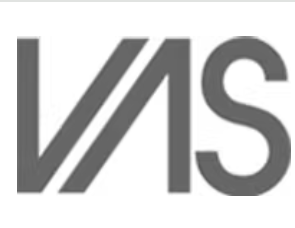
In her evocative exhibition “A Thousand Years in One Night,” Cecilia Z. Miguez laments the loss of her Altadena home and studio in the Eaton fire. Like so many Los Angeles artists, Miguez was forced to confront the destruction of her home/studio and possessions. Because she had an upcoming exhibition, she needed to rebound quickly and got to work transforming objects not completely obliterated by the conflagration into new creations. Culling from the rubble, Miguez used fragments and remnants of sculptures made from bronze and wood as well as found objects as points of departure for a new direction. Her latest sculptures evoke survival and the courage to continue while overcoming devastating obstacles...
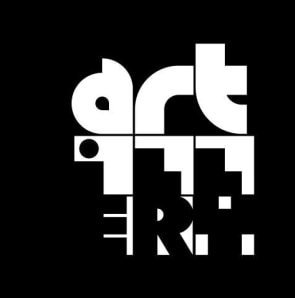
The summer sizzles when it comes to art in LA, with a wonderfully eclectic collection of art events this past weekend.
Saturday night began at the Louis Stern Gallery in Beverly Hills, where Veda B. Kaya held forth with a beautiful, motion-filled series of works that shimmered with the light of summer. Her elegant works fit the airy space in This World and the Next, a two-person show that also included the Sumi ink and watercolor work of the late Matsumi Kanemitsu. Kaya’s work is an astonishing tour de force of minimal colors and maximum, curving, highly dimensional shapes. Perfect for summer: the gallery served up Moscow Mules and chocolate chip cookies.
[translated from German]
Mattis-Teutsch in Hollywood
On the re-evaluation of a Transylvanian artist / In the renowned art gallery "Louis Stern Fine Arts", Los Angeles/West Hollywood (California/USA), in cooperation with the "Mission Art Galéria", Budapest and Miskolc and the "Tamás Kieselbach Galéria", Budapest, an exhibition can be seen from April 20 to July 20, which has attracted widespread international interest since its opening.
Under the title "Mattis-Teutsch and the Hungarian Avant-Garde, 1910-1935," approximately 79 works (sculptures, paintings, prints, and drawings) by fifteen representative artists are on display.
Following two major retrospectives, "Hans Mattis-Teutsch and the 'Blue Rider'" (2001) in Budapest and Munich, the work of the versatile Transylvanian painter, graphic artist, poet, sculptor, art theorist, and educator is now being presented for the first time in the United States—he is represented by 46 works—with this exhibition illustrating and commenting on his formative relationships with the Hungarian avant-garde, using the example of fourteen artists with a total of 33 works.
To "illustrate an era," watercolors, prints, and drawings by diverse yet highly renowned artists - László Moholy-Nagy, Lajos Kassák, Béla Uitz, Sándor Bortnyik, Csaba V. Perlrott, János Schadl, Hugó Scheiber, Béla Kádár, Lajos Tihanyi, and others - are on display. "Today, these artists are among the greatest names in modern art," according to the organizer and gallery owner Louis Stern, "and whose work, from 1910 to 1935, once provided important creative impulses." The excellently printed catalog in English (128 pages, 95 illustrations) explores the diversity of influences and interrelationships in detailed essays by the two art historians Éva Forgács (Los Angeles), currently a professor at the Art Center College of Design in Pasadena, California, and Dr. Éva Bajkay, curator of the Hungarian National Gallery (Budapest), documents and explains the work. At the beginning of the era, as Éva Forgács demonstrates, was a generation of young artists largely influenced by Paul Cézanne's artistic style, whose forms of expression contain essential structural elements of Cubism and abstract painting. Names such as Béla Czóbel, Károly Kernstock, Róbert Berény, and others are among the forerunners of the avant-garde that subsequently grouped around the artists' movement and the eponymous magazine "MA," and was later promoted by Herwart Walden's "Sturm" circle. For example, the 99th exhibition, held in July-August 1921, at the Berlin "Sturm" Gallery, Potsdamer Straße 134a, was dedicated to Paul Klee and Hans Mattis-Teutsch. The poster for this memorable joint exhibition is also reproduced in the catalog.
And so the question arises once again—and it also applies to several other important Transylvanian artists: How would Mattis-Teutsch's career have unfolded if, after his last exhibition abroad in 1929, he had remained in Western Europe together with Gyula Hincz and László Mészáros at the Tamás Gallery in Budapest, and not returned to Kronstadt? Good question. In Kronstadt, the Nazis later ostracized him and insulted him as a "cultural Bolshevik," as can be read in the press of the time; the same would have happened to him in Germany. Yet here, his name would have continued to stand among those artists with whom he was associated through the "Blue Rider"—even if they were temporarily silenced as "degenerate."
Hans Mattis-Teutsch died lonely and forgotten in Kronstadt on March 17, 1960. Due to a public confrontation with a party official in 1957, he was no longer allowed to exhibit, and his works had been removed from all public museums and collections. His departure from this world was ignored by the communist-controlled press at the time. Here in Munich, where such a prominent public critic of "Socialist Realism" should have at least been acknowledged, the same thing happened, for whatever reason. "The verdict of the authorities and critics seems to be final, across borders and times," remarked his widow Marie Mattis-Teutsch in 1965, alluding to one of the artist's long-standing adversaries. But, as we can see, this "verdict" was eventually overturned, albeit belatedly.
Claus Stephani
(printed edition: Transylvanian Newspaper, Issue 9 of June 15, 2002, page 13)

Leonard sees all sorts of dualities reflected in the interacting elements of his compositions, love and loss, logic and emotion, life and death. In his recent works, the artist has incorporated more curving elements, like spheres and catenary curves. Catenary curves are based on the natural fall of a rope or chain that is attached at each end. For the artist, these curves suggest softness, perhaps a human embrace. Many of the paintings in the Catenary Curves series are identified as portraits, in spite of their abstract and symbolic form. Titles are important elements in helping interpret Leonard’s paintings; they contain references to classical mythology, art history, music, and even nature. Go exploring – I think you’ll find there’s a lot to discover in Leonard’s geometric worlds.

Dive into the world of color with Gabriele Evertz, a master color painter whose works explore the emotional and psychological impact of light and color. Her precise geometric compositions invite viewers to actively engage, turning each visit into a personal, transformative experience that celebrates the power of perception.

Read our pick of the best Los Angeles art exhibitions to see this month, from Issy Wood's confession and concealment at Michael Werner Gallery to a Diane Arbus retrospective at David Zwirner
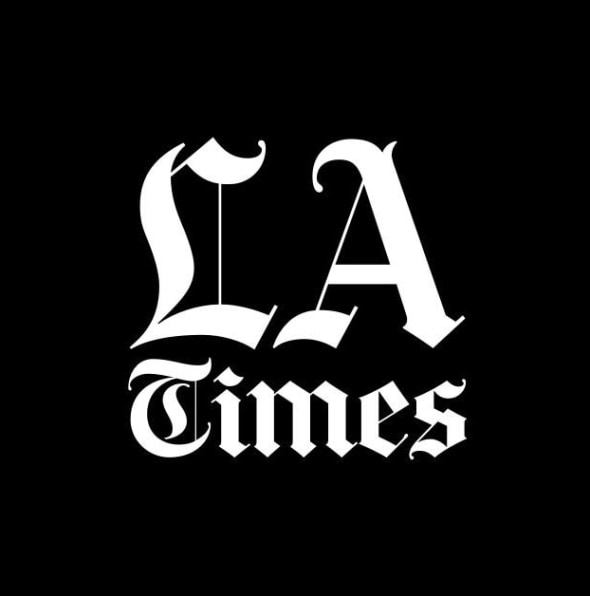
Knopp Ferro studied metal sculpture as well as performance art in his native Germany, and his work has sometimes merged the two, applying whimsical, absurdist actions to sturdy materials (an iron sofa, a slug slithering across towers of stiff paper). His recent iron mobiles and stabiles at Louis Stern Fine Arts are playful in spirit but relatively quiet and tame.

In addition to the planet series, the Louis Stern exhibition includes several landscapes from later in the artist’s career which have significant visual similarities to the Planet series. Like her planets, the landscapes are constructed from sharply delineated bands of unmodulated color in a subtle range of hues. They do not represent direct observation of a specific location but are imagined landscapes composed to convey a sense of place with the least possible means. As in her earlier work, Lundeberg’s later paintings represent a clear artistic vision that seeks to create a shared perceptual experience with her viewer. Her artwork distills the accumulated views a lifetime of careful observations, analysis, and study into condensed abstract images with a universal appeal. Perhaps this is why, nearly fifty years later, her Planet paintings and late landscapes do not feel dated or locked in the decade of their creation, but feel fresh and contemporary to viewers today.
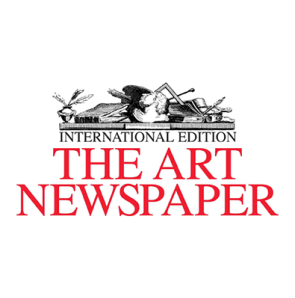
One of the so-called California hard-edged painters, along with her husband Lorser Feitelson, Helen Lundeberg (1908-99) made coolly expressive, enigmatic and in the end highly geometric paintings, bridging the Surrealists of the 1930s and 40s and the Minimalists of the 70s and 80s. This exhibition shows one of her abiding interests throughout the decades was astronomy, reflecting the way that the discovery of new galaxies, the space race and the moon landing captured the 20th-century imagination.

ArtForum names Ken Price: Works on Paper a must-see exhibition!

ArtForum names Mokha Laget: New Perspectives a must-see exhibition!

ArtForum names Helen Lundeberg: Enigma of Reality a must-see exhibition!

ArtForum names Knopp Ferro: Levitating Lines a must-see exhibition!

ArtForum names Lorser Feitelson: Allegorical Confessions, 1943-1945 a must-see exhibition!

ArtForum names Helen Lundeberg: Inner/Outer Space a must-see exhibition!
As Feitelson’s reductive process gravitated towards the “Magical Forms, and these are the largest contingent of works here, his color palette opened up and explicit figuration is dropped. Only an “Untitled” 1949 work describing a form at once female and bird-like balanced on a narrow red panel thrust in space obliquely retains a component that is explicitly figurative. The forms and the space into which they are thrust — and thrust they certainly are — ground themselves with protrusions that narrow to spear points in four works of the immediate post-war period. The impulse feels, particularly in the larger context of Feitelson’s body of work, like a years-long struggle between holding firm and letting go. Looking at a 1950 “Untitled” Magical Forms beside a 1951 “Magical Space Forms” painting marks a central period of transition: the space moves from an insistent and self-conscious pursuit that finally flattens out. The 1951 painting is a straight negative-against-positive ground graphic featuring a spiky claw that screams a desire to match the aggression of the new Abstract Expressionist work coming out of New York; but the artist’s heart is not in that, and he will never test the expressive possibility of gesture.
Ramos Martinez’s paintings offer intimate insights into the pluralistic nature of Mexican culture, particularly the ethnic complexities of indigenous people. He captured the deeply ingrained regional and national influences through popular images of mothers and families, and in tender relationships between husbands and wives. Those subjects were appealing in their universality, but this exhibit showcases examples of subjects that are distinctively Hispanic. The nature of Mexican workers, for example, is exemplified in “Vededora de Frutas," where men and women vendors carry their wares, the women with baskets on their heads. Close-ups of their faces reflect their anxieties. Also featured are a few samples of dramatic Mexican landscapes where mountains are rendered in vivid shades of reds and golds.
Elizabeth Patterson’s ethereal colored pencil drawings are of familiar places and monuments viewed through the windshield of a car — the Eiffel Tower, the Golden Gate Bridge, the Arc de Triomphe, Claiborne Avenue in New Orleans — but their defining characteristics are obfuscated by strikingly realistic veils of raindrops and streaming rivulets of water. The viewer is in the position of the car’s driver, peering through the wet glass to the blurry, shimmery lights and hazily formless shapes beyond.
Her new exhibit "The Presence of an Absence" includes 18 sculptures. As the title of her show implies, these deal with the absence of an object or, put another way, existence and the presence of a void. This central idea is often suggested through the poses of her elegant and surreal figures, who are either presented alone or in company, gazing sideways into an empty space. Together, they once again reveal Miguez’s great imagination, but also her joy for design, the female figure, and the geometric form, which seem to have been developed from her initial interest in architecture and drawing.
Maybe what is annoying about sarcasm is its implied bitterness and self-importance, two unattractive characteristics which Herms avoids handily.
In this selection of photographs by Lucien Clergue we are witnesses to the re-birth and transformation of ordinary things. Undulating sand dunes become nudes in a re-vision that pulls together lines and forms into an erotic illusion. Waves and boulders unite and become wombs. Animal and human worlds merge into zebras. Drawn from more than a half-century of work, Clergue’s powerful but simple vision compels the viewer to experience images shaped by a lifetime of exploring the possibilities of the camera.
Over the years Bruce Cohen’s still-lifes have become less and less real. This is a good thing. This doesn't imply that earlier and less tightly wrought fruit-against-planes were not amply interesting. It is more that maturity and increasing mastery of his aesthetic process have refined and distilled a natural skill for verisimilitude into what is a voice and a visual position.
Yet, as this exhibition of some 14 paintings reveals, Kuntz’ creation of a new painterly space explored the shadow and light of canyons, tunnels and ramps, a space curator Susan Anderson entitled “The Shadow Between Representation and Abstraction” in 2009 on the occasion of the first and only retrospective of his work, at the Laguna Art Museum.
I remember the time I first saw a Karl Benjamin painting, in the mid-1970s at one of the galleries at the Claremont Colleges. The painting depicted a grid of primary colors, yellow, aqua and bright green as oblique lines and trapezoids, all set energetically against a quietly neutral background. I marveled at the vibrancy of the chromatic clash. The color adjacencies seemed to sing with a magisterial energy, investing the very air with an alien, but poised, musicality. Then, moving in for a closer look at the surface of the work, I was astonished at the fastidious surface of the canvas. How did the man create such clean edges for those blocks of color? How were those impeccable surfaces generated? Surely, not with a paint brush, I speculated.
Perhaps the most striking aspect of Leonard’s paintings is the sheer old-fashioned respect for painterly technique. Leonard uses a light ground, not a flat white but rather a softly diffused atmosphere that seems to dissolve away beneath the overlaid pattern. The interwoven bands of color are more material than flat stripes of color, and, indeed, the word ‘strip’ of color would be preferable to convey the formal presence of the weave. So light and airy are the strips that the tangible colors seem to have been airbrushed. But the strokes are laid on one by one in small increments that can be seen close-up.
Frederick Wight (1902-1986) first established himself as a fixture in the California art scene not as a painter, but during a two-decade tenure as a museum curator and director of the UCLA Art Gallery. Located on the North Campus well before the development of the Hammer Museum, Wight championed the careers of artists who had yet to receive national attention including Charles Sheeler, John Marin, Arthur Dove, Alexander Archipenko, Jacques Lipschitz, and Stanton MacDonald-Wright. From 1953 to 1973 Wight was not only instrumental in shaping the careers of artists, but in creating a thriving foundation at the UCLA Art Gallery with the creation of the Franklin D. Murphy Sculpture Garden, which showcased the works of Henry Moore, Jean Arp, Joan Miro, Henri Matisse, Alexander Calder, and David Smith.
This look “back to the sixties” reassesses the works of Hard-Edge painter and Southern California Abstractionist June Harwood. The decade was characterized by a sculptural manipulation of geometric forms - horizontal, vertical, diagonal shapes presented in angular and jagged iterations that feel like they are carved and coaxed from the perimeters of the canvas. Harwood’s subjects are dictated by a calculated tension in color story where combatant and complementary colors create a narrative that relates to the specificity of the forms that resist semblance to specific shapes found in the natural world, yet feel organic to the eye.
Witness in this exhibition the growing interplay between Lorser Feitelson and Helen Lundeberg‘s artistic production - first as teacher (he) and student (she), then joined in marriage in 1934.
In her recent solo show at Louis Stern Fine Arts, Patterson's masterful technique was given full display.
Elements from his Hard Edge period, however, can be found in boldly colored geometric renditions, their harsh contrasts softened by the sinuous lines that float and loop through them. At the same time, it is testament to Feitelson’s harmonious balance that the eye is also drawn to the empty spaces that surround them.

The virtual room of Los Angeles’s Louis Stern Fine Arts is dominated by recent and historic geometric abstraction, including glowing works from the 1960s and ’80s by Helen Lundeberg and Doug Ohlson, respectively. But what truly stands out is a set of four pieces from the 1930s and ’40s by Alfredo Ramos Martínez, a towering figure in Mexican modernism. His distinctive work is featured in the Whitney Museum’s show “Vida Americana: Mexican Muralists Remake American Art, 1925–1945” and the Dallas Museum of Art’s “Flores Mexicanas: Women in Modern Mexican Art”—two current (but now shuttered) museum exhibitions.
Works by Martinez and his folowers are on display at Beverly Hills's Louis Stern Galleries (in early January), Santa Monica's Bryce Bannatyne Gallery and, despite Martinez's injunction to "stay away from museums, observe nature," at Mexico Citys' Museo Nacional de Arte.
When I lived in Mexico City for a year prior to World War II I knew quite well two of Mexico's greatest painters, Rivera and Orozco, but never met Alfredo Ramos Martinez (1872-1946). However, l am exceedingly grateful to Louis Stem for the magnificent volume of reproductions of his paintings. These paintings are now on display at the Stern Galleries in Beverly Hills.
This show firmly establishes Ramos Martinez as one of the early masters of the Mexican School and an artist who will be drawing more attention from scholars and collectors.
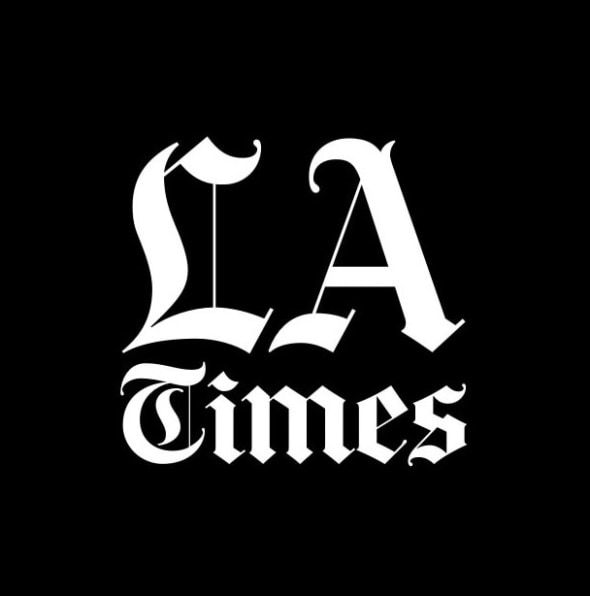
The biggest surprise of the season is the arrival of two galleries in Beverly Hills, which has been better known for glittering, commercial showcases along Rodeo Drive than for the more restrained, scholarly style that attracts the cognoscenti. “I wouldn’t have taken a spot there (on Rodeo Drive) if the rent was free,” said dealer Louis Stern. Instead, the Louis Stern Galleries opened around the corner, at 9528 Brighton Way, and packed in 200 people last week at a reception for the inaugural exhibition of Impressionist, Post-Impressionist and modern artworks.
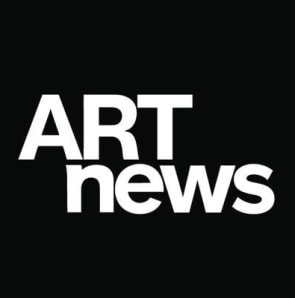
In all the work, the hard edges are meticulous, the brushstrokes vanish into uniform fields of color, and the ranges of hues and forms are at once precise and difficult to pin down.

It makes sense that one of the marquee works of the fair would be this group portrait by Alfredo Ramos Martínez.

Apart from the Latin exhibitors, few galleries presented works by Latin artists, one being Louis Stern Fine Art from California, with three beautiful works by Alfredo Ramos Martínez in various media, such as wood, paper, and canvas.
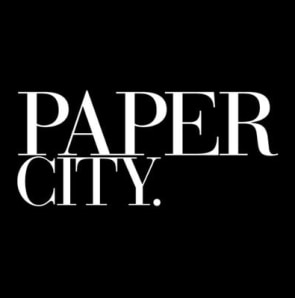
Here’s a shortlist of recommended booths: global powerhouse Perrotin; iconic-to-cool NYC dealers Kasmin and Karma; European bastions of important discourse Hales Gallery, London, and Kerlin Gallery, in from Dublin; and L.A. outposts of cool Anat Ebgi, Louis Stern Fine Arts, Night Gallery, Luis De Jesus, and Various Small Fires (L.A., Seoul), which also unveils a permanent Dallas space timed to the opening of the fair.

Louis Stern Fine Arts in West Hollywood opened its third and most ambitious Benjamin survey, “Dance the Line,” on Sept. 29; it runs until Dec. 22.

Other booths with a cohesive look include the blue-walled Louis Stern Fine Arts, with a punchy selection of California Hard Edge painting...
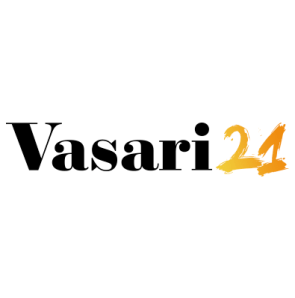
Nothing had really caught my attention until I spotted Lundeberg’s monumental Triptych from 1963 at the Louis Stern Fine Arts booth from West Hollywood, CA.
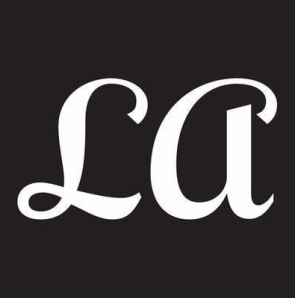
A veteran Armory exhibitor, Louis Stern says “it’s always been a positive experience. We’ve always left the fair with a lot of optimism.”

Watching rain fall can be mundane. But artist Elizabeth Patterson is turning plain old rainy scenes into amazing pieces of art, using canvas and colored pencils.
“It so happened I was staring out the windshield in a most dull-minded state, just wanting to get home from work one day, when my view suddenly shifted from trying to see through the rain, to watching the way the water transformed the city in the background," Patterson told weather.com. "Along came the wipers – the canvas cleared and the action started again.
"I am drawn to water, to weather, to environment, and I have to get it down on paper. I just have to.”
[Excerpt, Art-Talk]
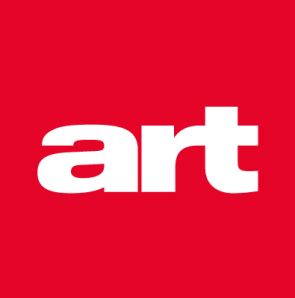
Billy Wilder, 87, Filmregisseur und passionierter Sammler, debütierte jetzt im kalifornischen Beverly Hills als Ausstellungs-macher. Herzstück seiner Ku-riositäten-Schau in der Galerie Louis Stern: eine Serie von 14 Variationen der berühmten Nofretete-Büste aus Kalkstein, die Wilder vor dem Krieg auf der Berliner Museumsinsel bewundert hatte. „Ich wollte sehen, wie andere Künstler sie porträtie-ren", scherzt Wilder, „doch die waren alle zu beschäftigt."
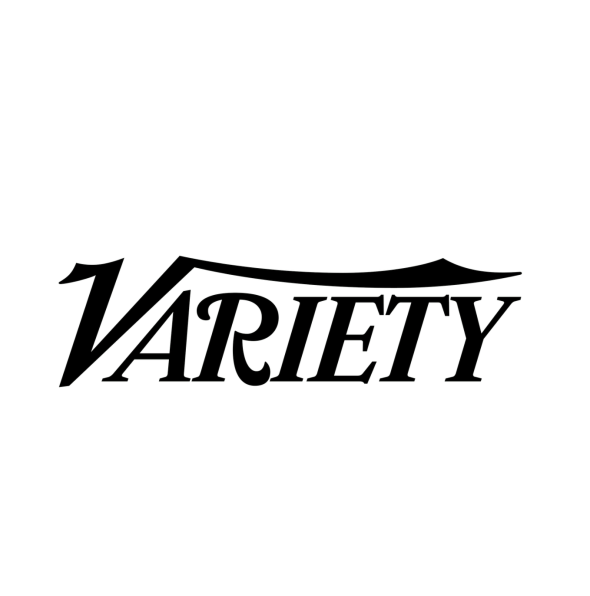
And now, four years later, Dec. 13, Wilder puts up for sale another 180-200 of his art items at the Louis Stern BevHills Gallery. He modestly calls it a "Marche aux puces" (Flea Market), "to keep a low profile."
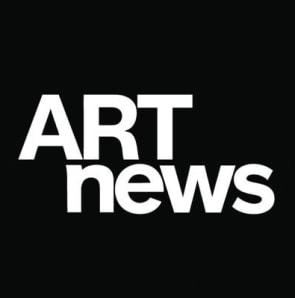
One of Wilder's "very good ideas," the "Nefertete" series is based on an ancient bust that he admired as a youth in the Berlin State Museum. "I wanted to see how other artists would portray her, but they were all too busy." Wilder deadpans. His solution was to enlist the services of Houston, who created Nefertetes a la Warhol, Stella, Botero, Dalf, and Modigliani, among others.
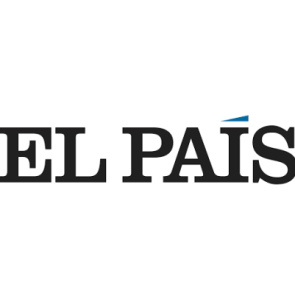
Una obra histórica que vale la pena ver en Meridians es el estudio para un segmento del mural Vendedoras de Flores (1945), conjunto de seis paneles situado en el Margaret Fowler Memorial Garden en Scripps College, Claremont, California, del muralista y pintor Alfredo Ramos Martínez, uno de los precursores del modernismo mexicano que se exhibe públicamente por primera vez, representado por la galería angelina Louis Stern Fine Arts.

"Her accomplishments are multidimensional, so Louis Stern felt this comprehensive exhibit of her work and other artists’ works she has collected over the years was the best way to show the full scope of her life."

The six-time Oscar winner has decided to sell off some of his collection. To that end, he has mounted an exhibit of 40 paintings, sculptures and assemblages - some created by Wilder himself - at the Louis Stern Gallery in Beverly Hills, Calif. In a tip of the hat to the famed Paris flea market where he acquired some of the pieces, he's calling it "Billy Wilder's Marche Aux Puce."
Anyone familiar with Wilder's track record in the collecting department knows to expect high jinx.
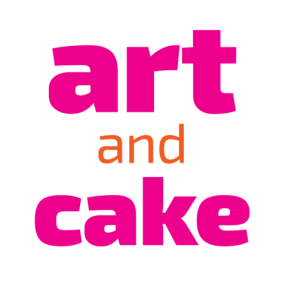
I loved the authority and gravitas of Nimoy's images.
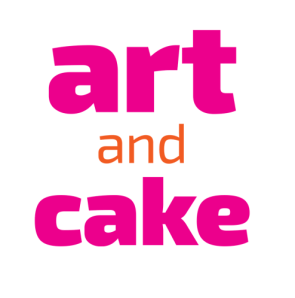
Other gallery shows include James Little’s geometric abstractions of chevrons and stripes in buttery warm paint that he makes himself at Louis Stern through March 12.
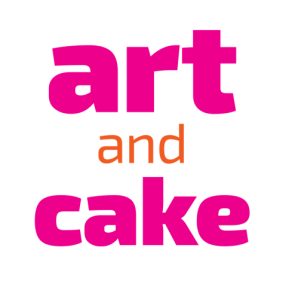
Two new shows in West Hollywood, at Louis Stern Fine Arts and at OHWOW Gallery, offer breathtaking proof that old dogs can learn new tricks and refine some of their old ones.

The most youthful art that I have seen this month is produced by James Jarvaise, who is 91.
The 14 works included in this spirited exhibition grew from a more specific subject—illustrations of baseballs, tennis balls, and footballs in a sporting-goods catalogue—but the artist’s handling of space was the main point of interest.
Wilder's unique sense of humour is evidenced by an art exhibition, "Billy Wilder's Marché aux Puces," at the Louis Stern Galleries in Beverly Hills.
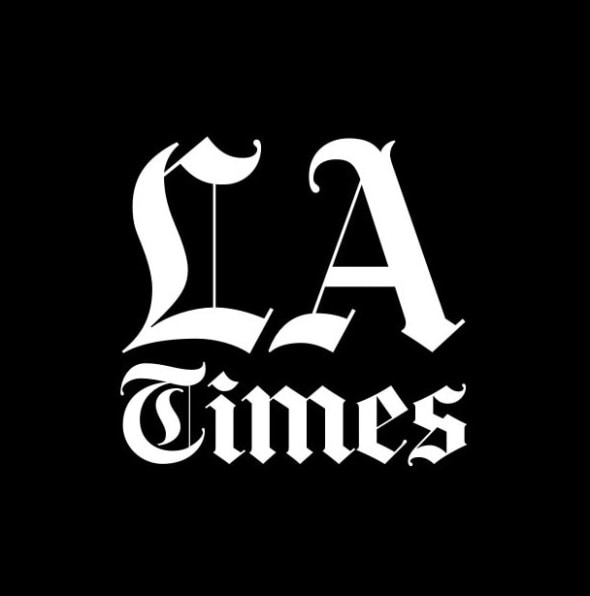
Kolbrener's Yosemite named a "Calendar's Calendar" pick in Los Angeles Times.
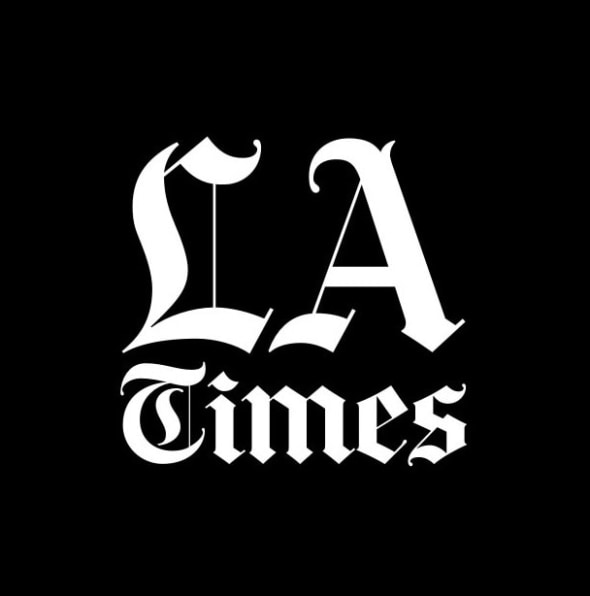
The French consulate in Los Angeles, in an effort to make a version of the holiday that best reflects the spirit of Los Angeles as well as France, has organized, for the first time, Bastille Days, a series of events taking place all over Los Angeles for the entire month of July, including Grand Performance concerts featuring world music, Hollywood Bowl concerts and photo exhibits at Louis Stern Fine Arts Gallery and Muriel K. Boris Gallery on Melrose.
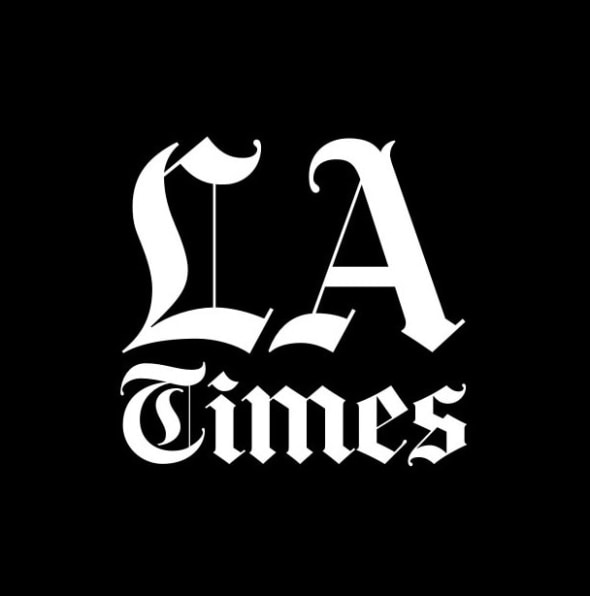
The upcoming Coronado show is only the latest example of a revival of interest in his work. It began in 1991 with an exhibition organized by Los Angeles dealer Louis Stern, which was accompanied by a scholarly catalog and traveled to Mexico.
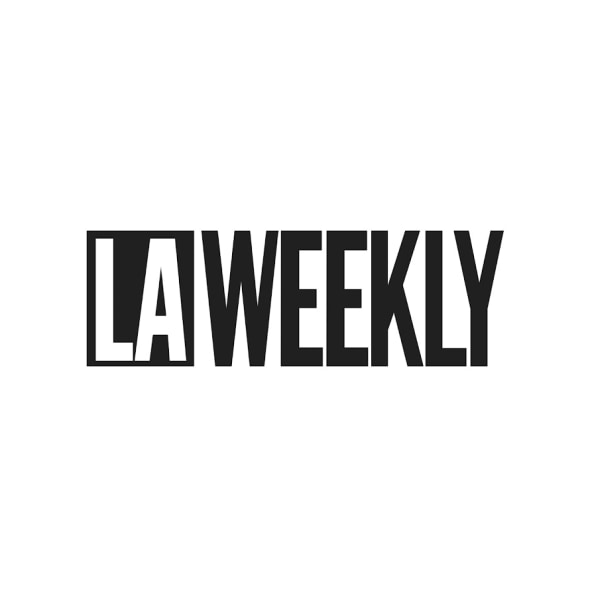
When the brilliant, still underestimated, early abstractionist Frantisek Kupka gets his own microspective in West Hollywood, it's a must-see.
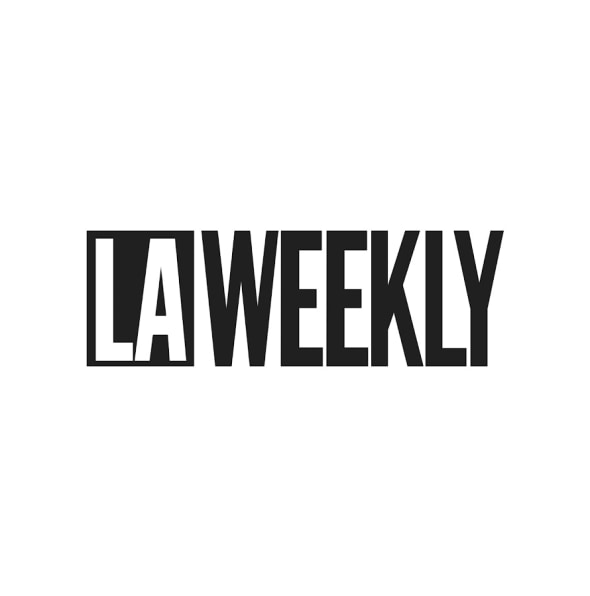
The Villon microspective features fascinating, beautiful, even masterful work from every decade of his career.
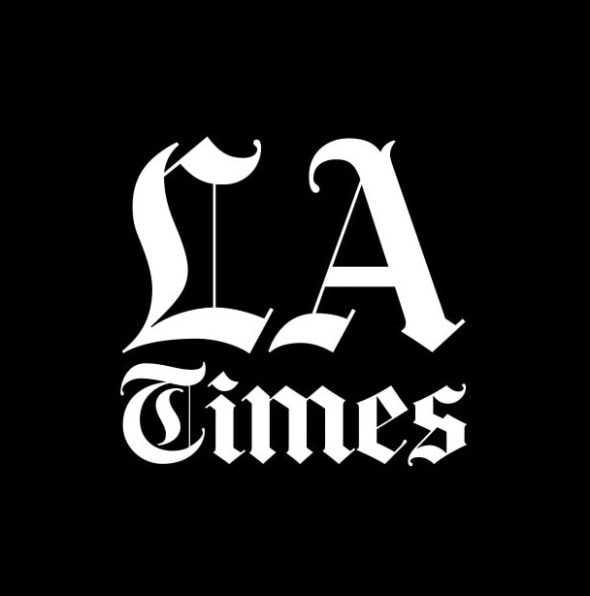
In cooperation with Galerie Louis Carre in Paris, Louis Stern Fine Arts will present “Jacques Villon: Six Decades of Painting.”
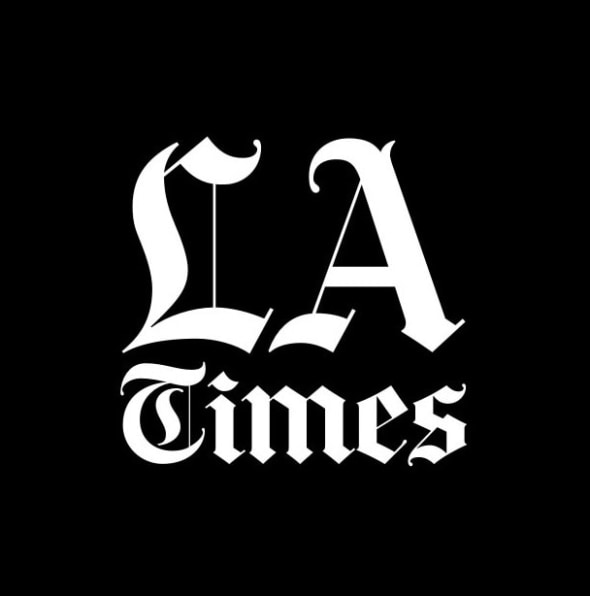
For more Man Ray, Magritte and Cornell, one can visit “Imaginary Realities: Surrealism, Then and Now,” which opens Thursday at Louis Stern Fine Arts in Hollywood.
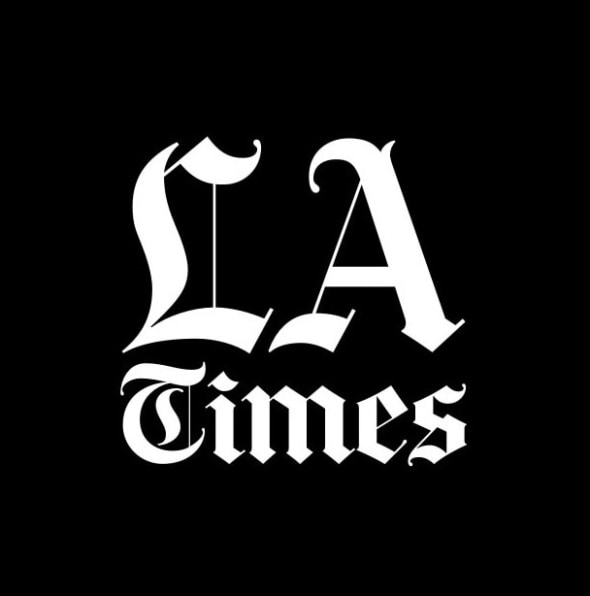
...an ambitious survey tracing contemporary Surrealist art to its European roots in the work of Salvador Dali, Rene Magritte, Yves Tanguy, Max Ernst and many others...
A fine little show of works on paper and smaller canvases by 20th-century master Fernand Leger just opened at Louis Stern Fine Arts...
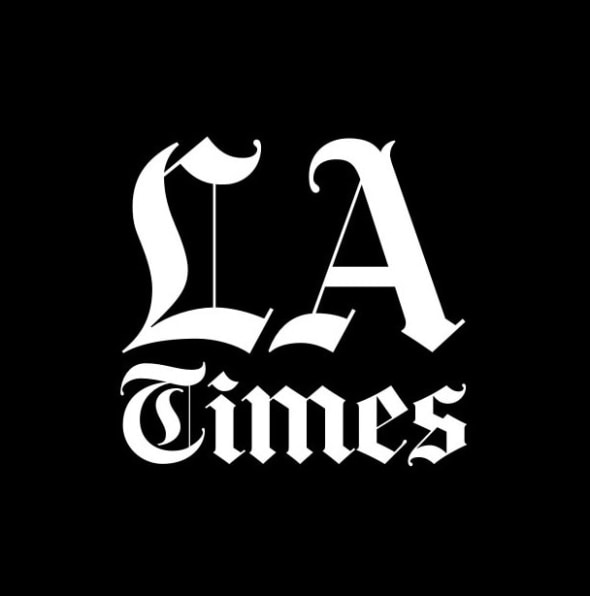
Louis Stern Fine Arts has pulled off a coup with an assembly of artworks that might be expected at a museum: paintings, watercolors and drawings by French artist Fernand Leger.
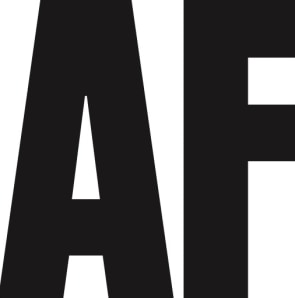
"Mimi Chen Ting: The Sea Within Me" named a must-see by Artforum!

Showing that not all Mexican art follows the familiar style of Diego Rivera and Frida Kahio, "Arte Contemporaneo Mexicano," on display at the Louis Stern Fine Arts Gallery through July 3, displays the wide rarfge of style of contemporary Mexican artists. It is provocative, innovative and surprising.

"Imaginary Realities: Surrealism Then and Now," on display at the Louis Stern Fine Arts Gallery, and the plethora of other current surrealist exhibits in L.A. are a testament to the fact that the world of the human subconscious is a fascinating and ever-changing one that continuously sparks interest and art.

There evolved a buoyant, even cheerful quality to his art that is evident Linear Curves: Works from the 60's, at Louis Stern Fine Arts in West Hollywood through February 22.
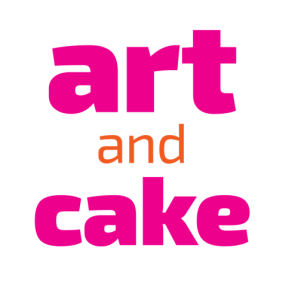
The pairing of Victoria May and Lisa Diane Wedgeworth in Woman|Woman, now at Louis Stern Fine Arts, is an inspired one. Curated by Jill Moniz, both artists explore light, texture, and dimension, and in juxtaposition with each other, they complement and contrast.
While the ever-shifting polygonal shapes of the canvases provide the initial impact, the overlapping forms and colors, alternately opaque and translucent, increase the illusionistic punch.

Louis Stern Fine Art’s Alfredo Ramos Martinez and Latin American Modernism features six works from the “Father of Mexican Modernism” as he was known.
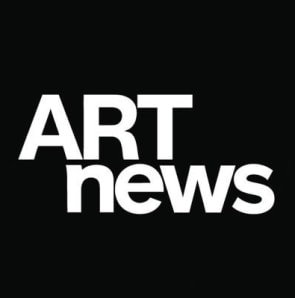
The ten sculptures and wall pieces on view here offered a satisfying sampling of the Venezuelan-born artist’s eye-popping combinations.

An eclectic blend of colors, styles and moods makes this small exhibit worthwhile to visit.
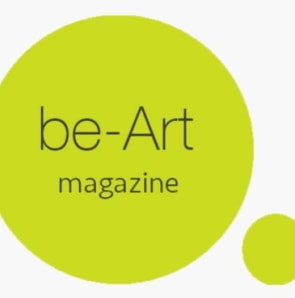
In the end, long story short, Fendrich paintings are thoughtful, joyful and timeless. See by yourself.
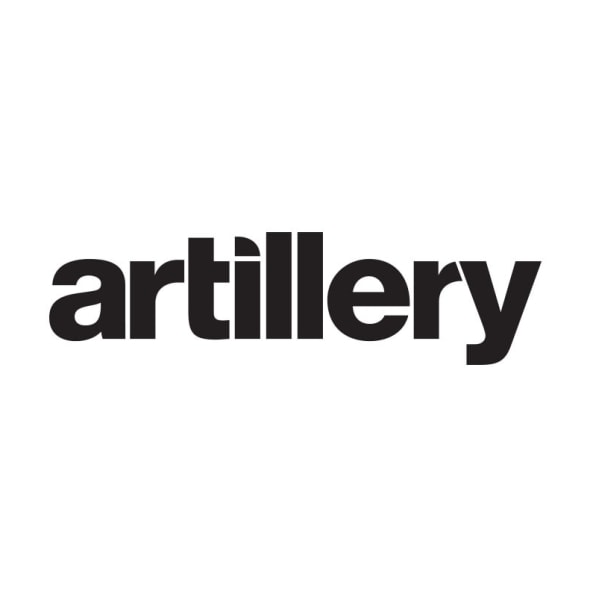
Anchored by stunning masterpieces by Frederick Wight and Lee Mullican, and featuring outstanding recent work by Nancy Evans, Khang Nguyen, Kymber Holt and more, curator Michael Duncan makes a persuasive case for the transcendental mode as a constant through contemporary non-objective abstraction and well beyond, embracing organic, biomorphic, and mathematical dimensions.
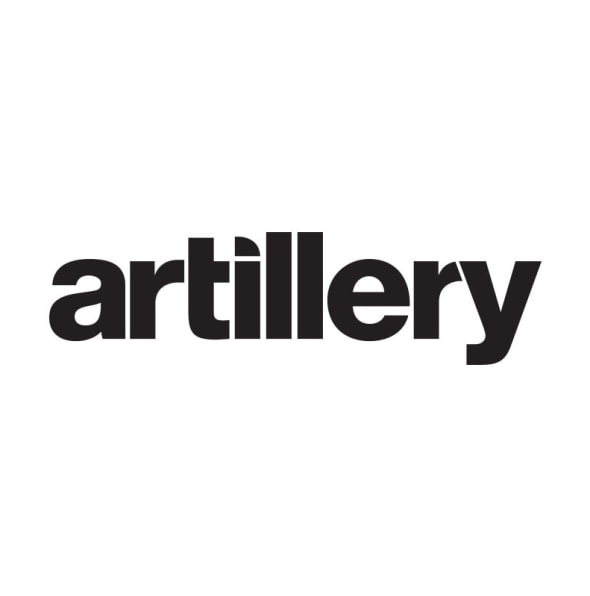
All too aware that she is out of sync with a pedagogical shift that favors critical thinking over technical expertise, Fendrich tells students that they are going to learn such things as how to hold a brush and lay out a palette.
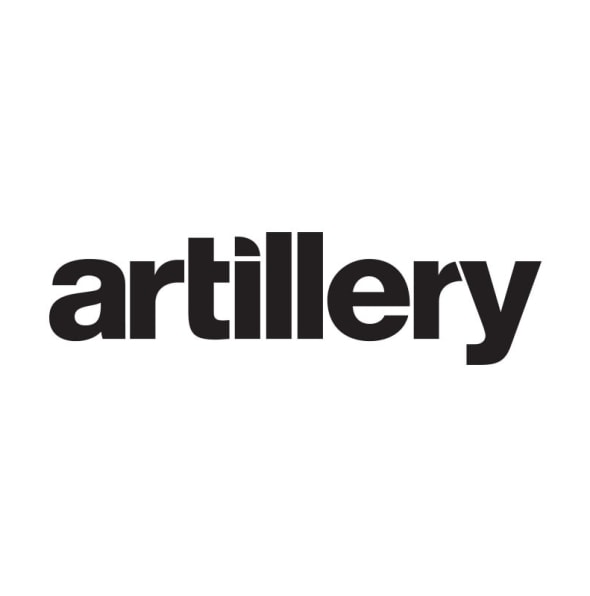
“Lorser Feitelson: Figure to Form” at Louis Stern Fine Arts is a small but insightful survey of the noted painter’s transition from Post-Surrealism to Hard-Edge Abstraction.
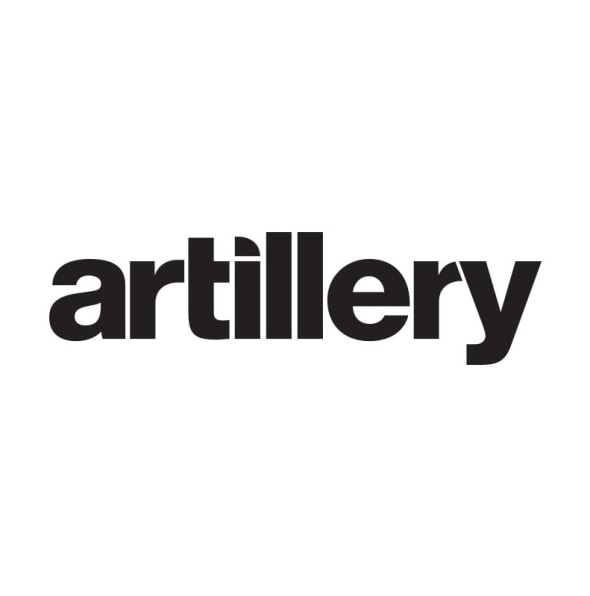
These enigmatic interiors seem as absorbing as if they had just departed her easel.
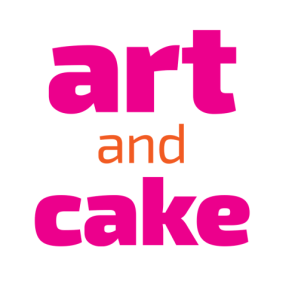
As a contemporary complement to the historical exhibition “Another World: The Transcendental Painting Group, 1938-1945” that independent curator Michael Duncan organized with the Crocker Art Museum (and which can be seen at the Los Angeles County Museum of Art through June 19), Duncan has assembled together this smart and lustrous exhibition that explores how the goals of the Transcendental Painting Group (TPG) have continued to thrive in a variety of ways through the present day.
A current exhibition at Louis Stern Fine Arts presents a selection of these paintings from Feitelson’s self entitled, Allegorical Confessions, a moody and sensual, figurative wartime series that relates the artist’s own psychological torment while navigating what appears to have been a quite complicated love life. Exploring allegorical themes relating to lust, chastity, forbidden and unrequited love, this series abounds with drama, romantic intrigue and a curiosity for what lurks beneath the shadows of desire.

Also captivating are the paintings of Matt Bollinger at Mother’s Tankstation, cotton- candy-hued scenes of blue-collar American life; the innovative reliefs of Ynez Johnston at Louis Stern Fine Arts, richly symbolic atlases that seemed to draw simultaneously from Paul Klee and Sufi mysticism; and the brilliant red works of Rudolf Maeglin at Meredith Rosen Gallery, celebrations of industry and factory workers made from 1932 to 1948 in Basel, Switzerland.
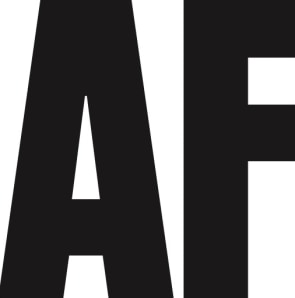
Louis Stern has put on some of the best and hippest exhibitions of these rediscovered artists, offering works by Lorser Feitelson, Karl Benjamin, and now Helen Lundeberg.
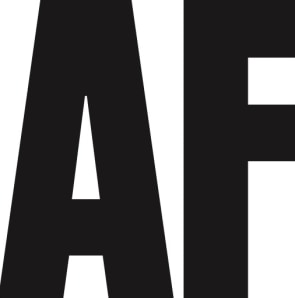
The surreal paintings in Lundeberg’s exhibition “Enigma of Reality” made clear that her literary inclinations never went away, as she sublimated them into her art with an emotional poetic force.
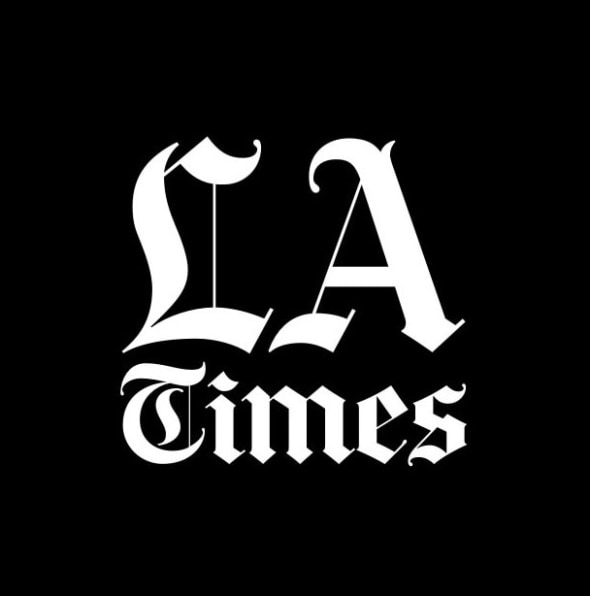
A striking nighttime image of two leopards, one snarling in profile, the other looking warily over its shoulder, appears on posters all over Paris announcing “anima,” an exhibition of photographs by Jean-Francois Spricigo.
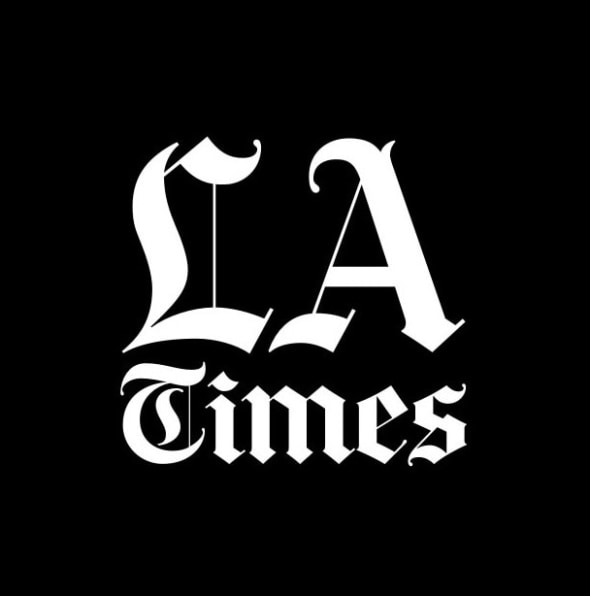
Perhaps because bright, chromatic abstraction has once again become popular with a generation of younger artists, a show of 15 sophisticated abstract paintings from about the last dozen years of his life feels remarkably fresh.
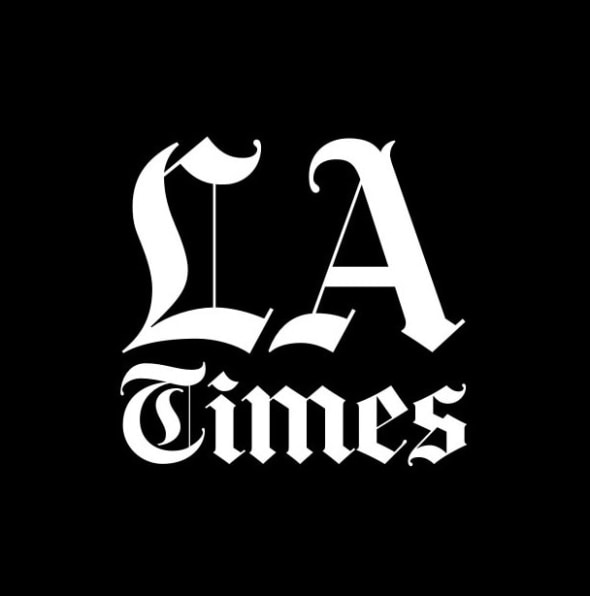
At once austere and trippy, the paintings play games with our perceptions of space, but their clear colors and relentless simplicity also give them a transcendent, almost spiritual air.
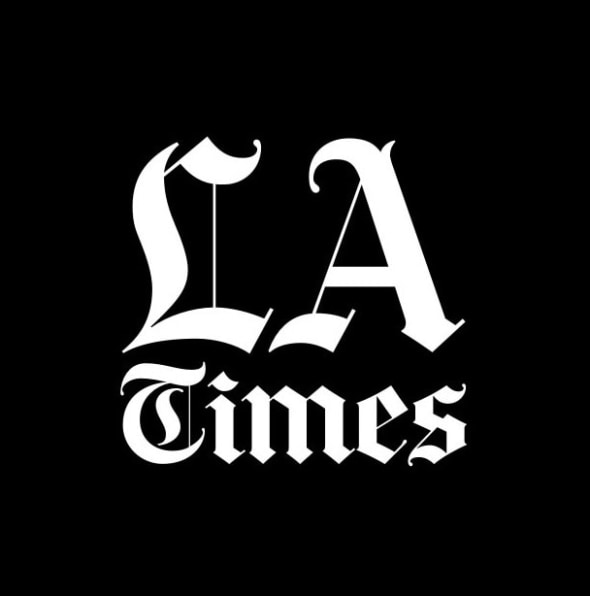
At Louis Stern Fine Arts, Elizabeth Patterson’s colored pencil drawings bring Photo-Realism up to date, transforming its labor-intensive imagery and keenly observed subjects into startlingly fresh images of perfectly ordinary moments that are all the more enchanting for being commonplace.
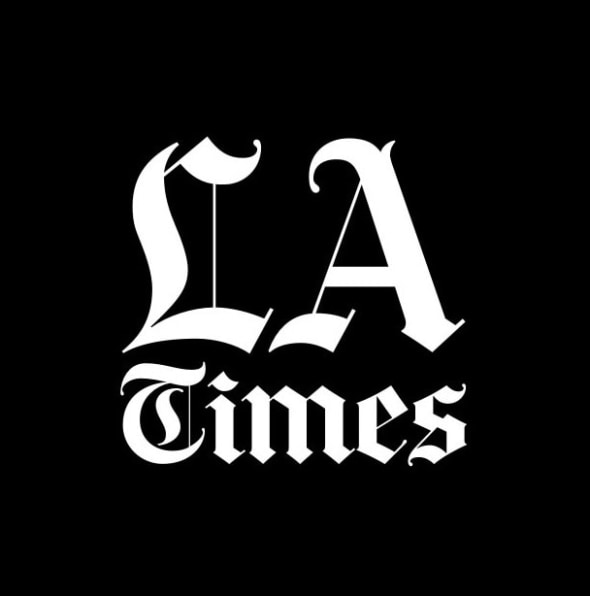
‘Happy Birthday Mr. Blum,’ at Louis Stern Fine Arts, opening Thursday night and running through Nov. 6, is a rare chance to see Blum in action, organizing an exhibition again, years after he ran Ferus Gallery in Los Angeles and Blum Helman in New York.
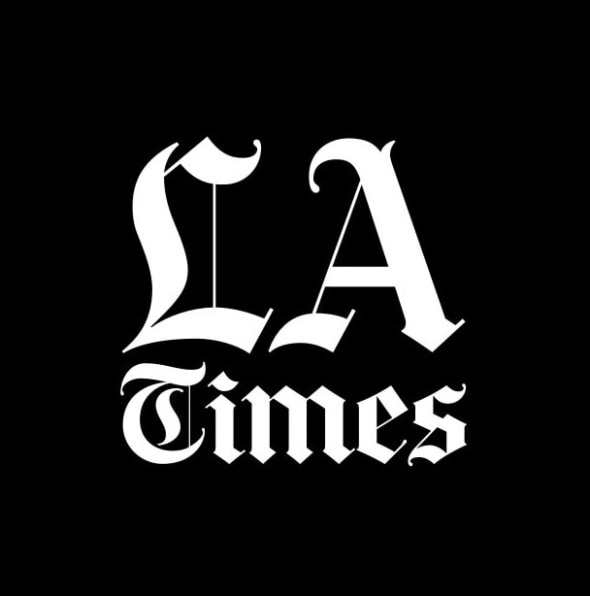
At Louis Stern Fine Arts, Leonard shows 17 paintings and 14 drawings in which a linear grid is rendered as a loose, open weave.
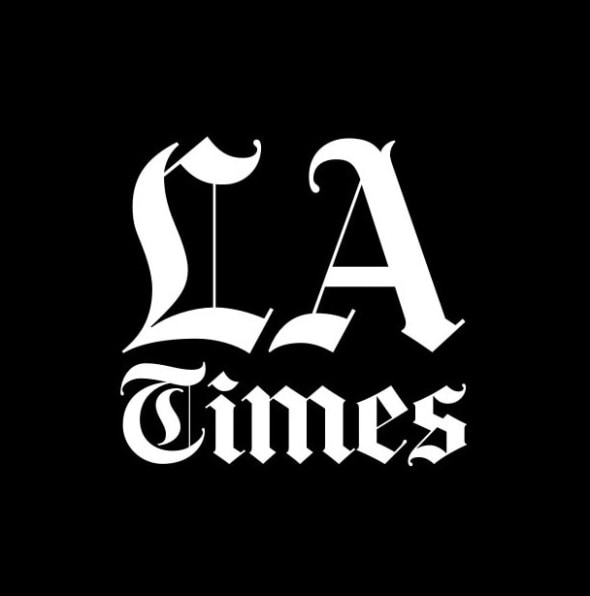
At Louis Stern Fine Arts, “Karl Benjamin and the Evolution of Abstraction, 1950-1980” is exemplary.
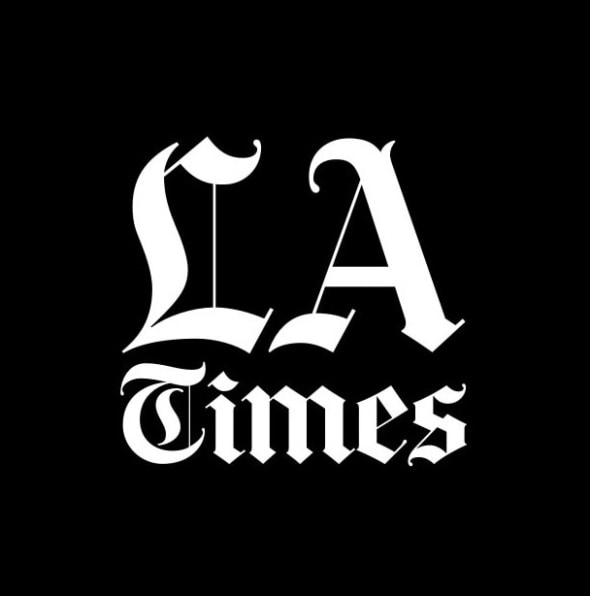
Roger Kuntz (1926-75) made some great paintings that should be better known. Some of the best, from his “Freeway,” “Sign” and “Blimp Series,” make up a powerful exhibition at Louis Stern Fine Arts.
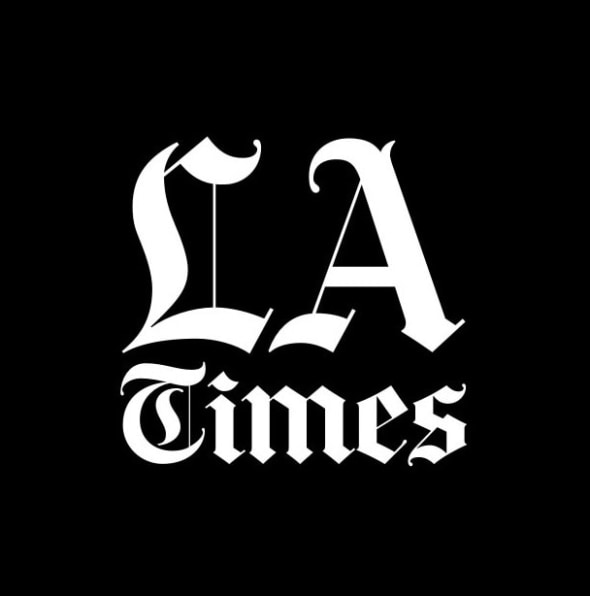
For Venezuela-born, Paris-based artist Carlos Cruz-Diez, art is an experience located in a viewer, not an object in the world. A painting or sculpture is merely an interactive catalyst.
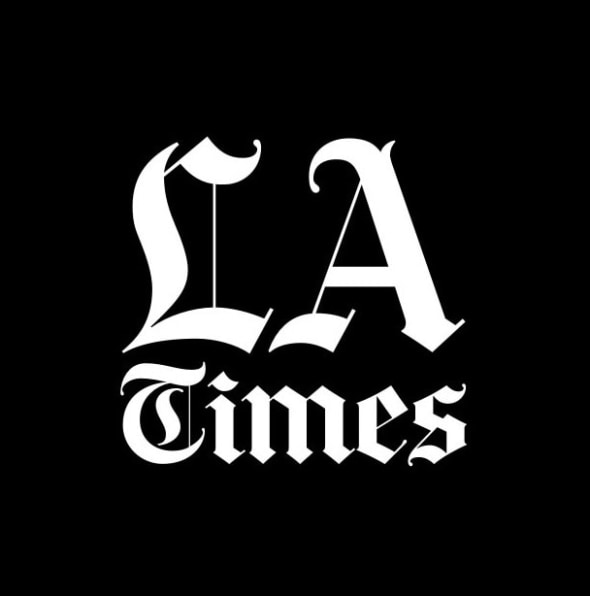
“Karl Benjamin: The Late Paintings” is all about discovery. Fun figures into the sharply focused show, as does delight, surprise and wonder.
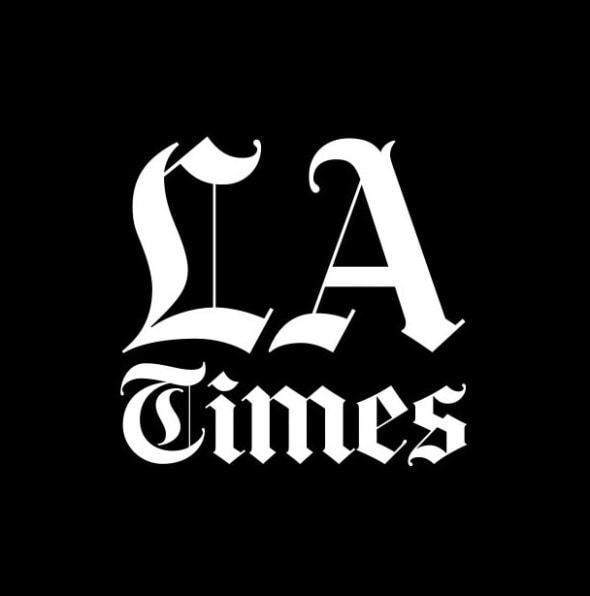
A tight selection of eight abstract paintings by New York artist Doug Ohlson (1936-2010) pivots on a kind of art that isn’t much seen today. Flat planes of color establish an architecture of abstraction, giving otherwise immaterial elements substantial density.
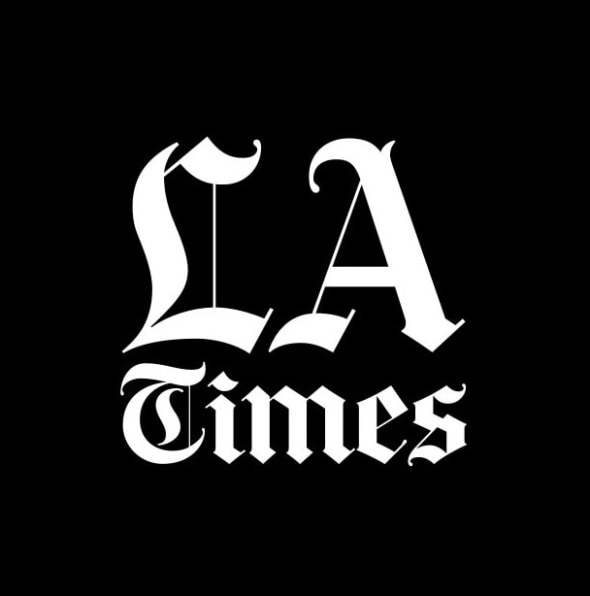
In the late 1950s, Helen Lundeberg (1908-1999) developed a crisp, hard-edge style for paintings that oscillate visually between geometric abstraction and wide-open landscapes navigating between the natural and built environments.
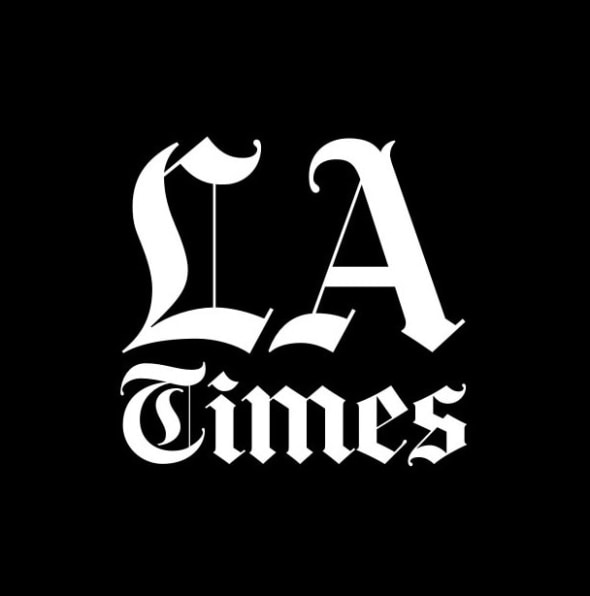
STARING out a car window while stuck in traffic is an everyday annoyance that may seemingly have no redeeming artistic elements. Elizabeth Patterson was intrigued by this dreary act and, upping the ante, turned her sights to what was actually on the windshield during sporadic Southern California rain showers.
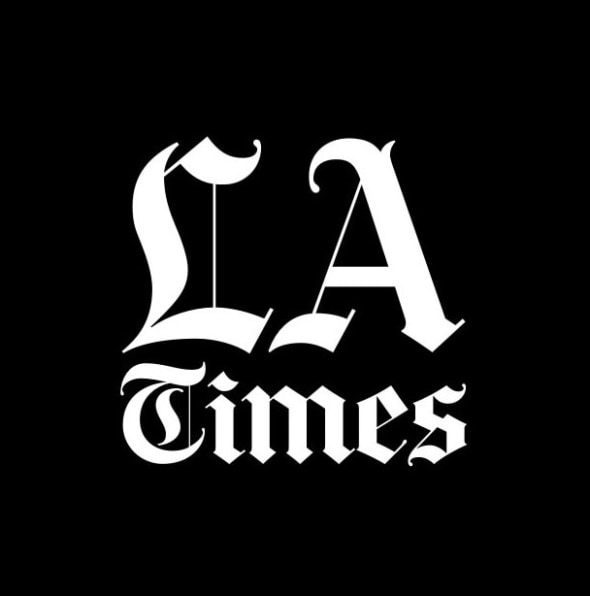
Paintings like his, painted in times like those, are all the more refreshing and necessary.
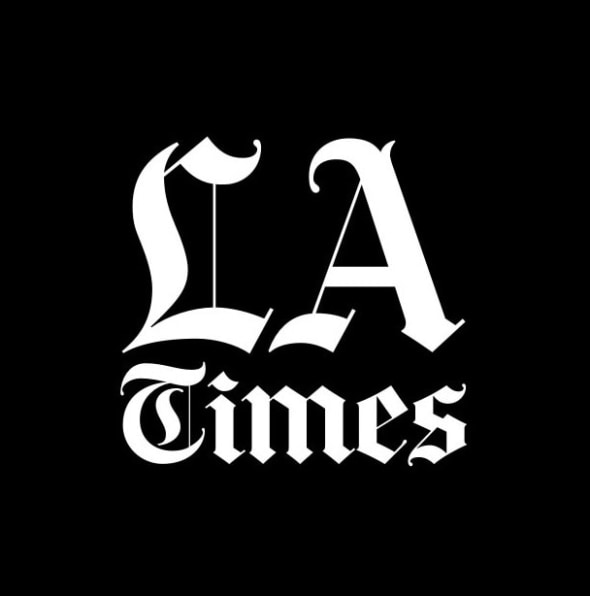
At Louis Stern Fine Arts, “Infinite Distance: Architectural Compositions by Helen Lundeberg” includes a substantial percentage of highlights among its 21 works as it deftly surveys the L.A. painter’s career.
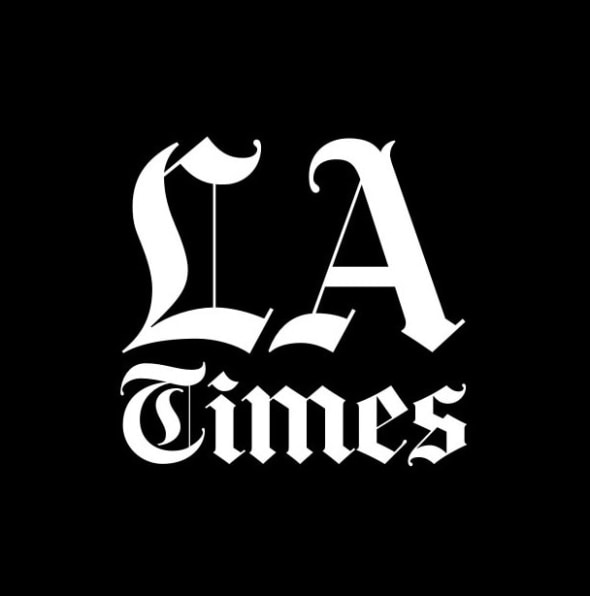
Taken in coastal communities around East Sussex, England, her pictures are sharp, clear and deliciously full-bodied.
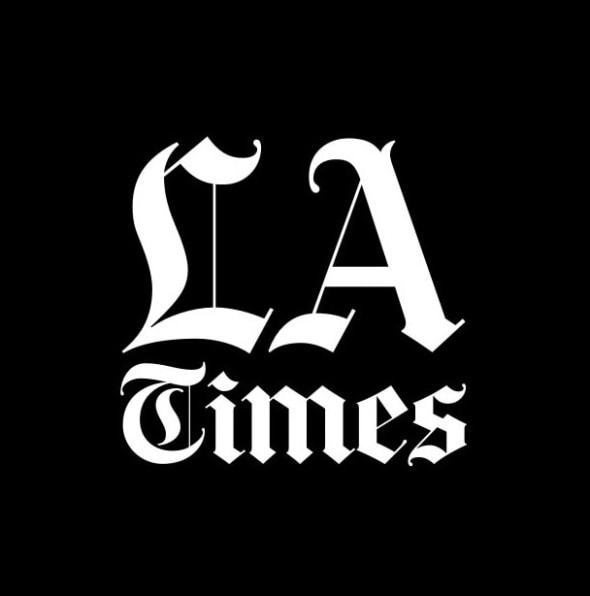
At a time when eccentricity seems to be in short supply -- and artists seem to stick to conventions more than they used to -- it’s refreshing to come across the terrific little survey of works Claire Falkenstein (1908-1997) made in the 1950s, ‘60s and ‘70s.
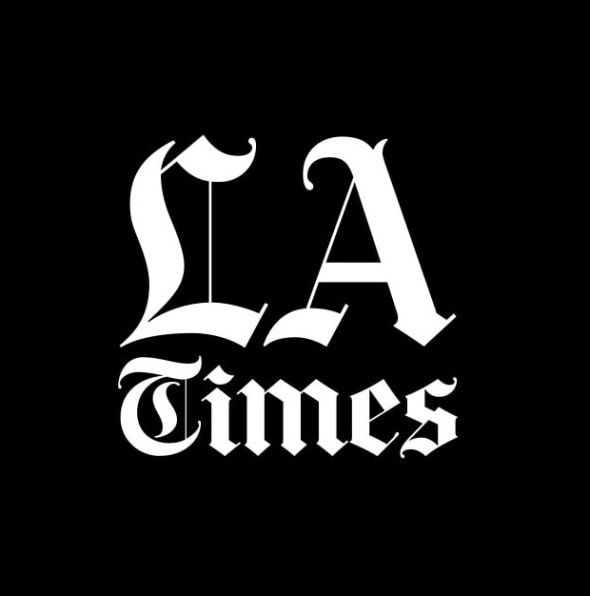
In his latest series at Louis Stern Fine Arts, he takes a surprisingly formalist turn, producing elegant sepia toned prints reminiscent of Stieglitz, Weston and Strand.
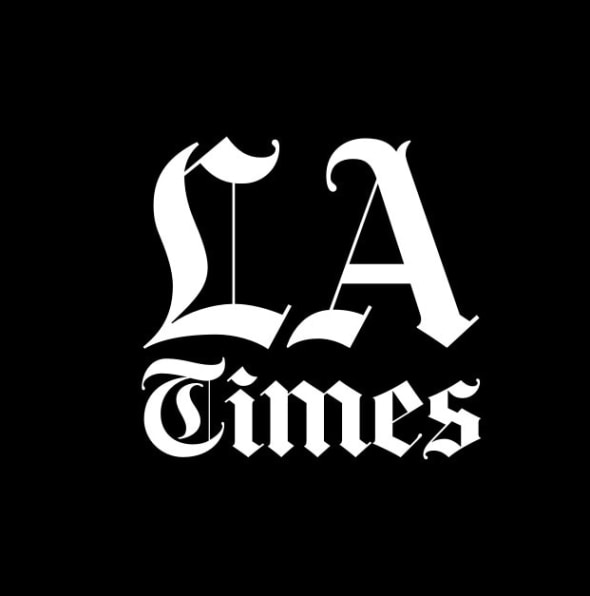
Her show at Louis Stern Fine Arts features paintings made from 2002 to 2004, and these come close to leaving the realm of abstraction altogether.
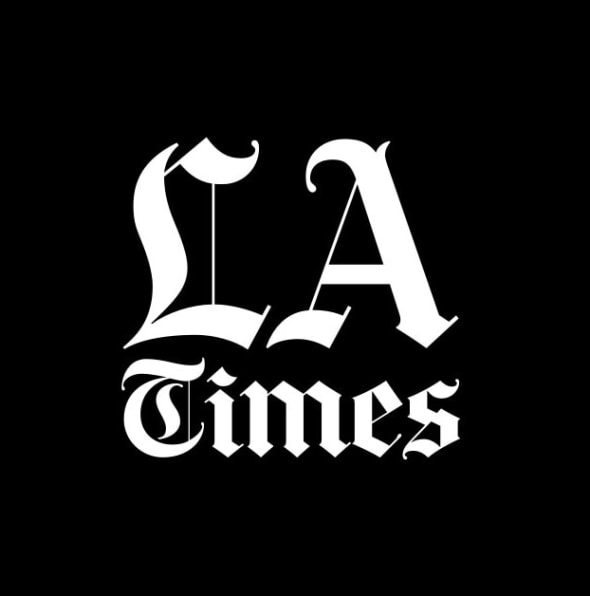
Long before Santa Fe made it impossible for serious artists to use pastel colors, Lundeberg made these tints sing, laying peachy pinks next to mint greens in proportions that still look good. They have a lot to say about today.
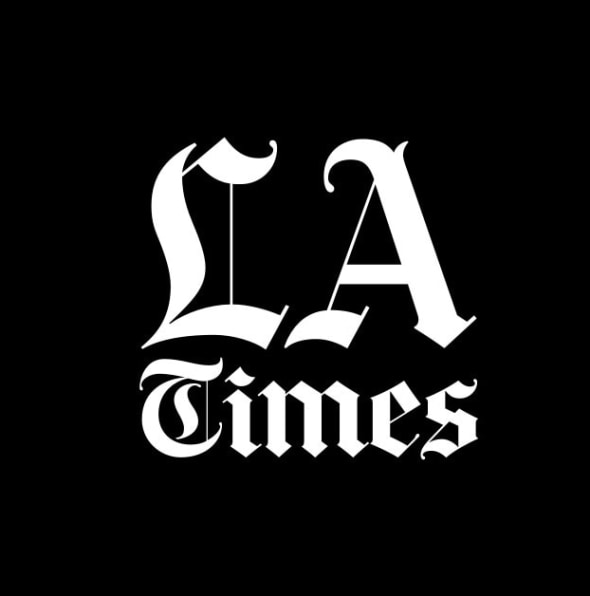
At Louis Stern Fine Arts, a smart selection of 20 paintings from 1954 to 1964 shows Benjamin to be an American original.
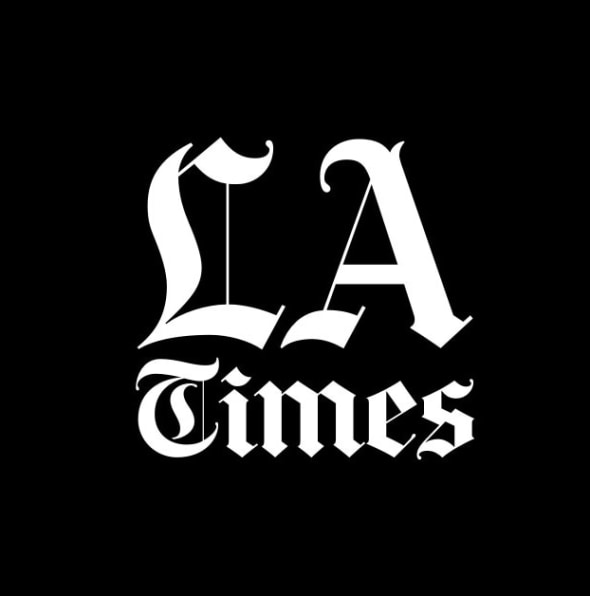
The dozen paintings from 2002 at Louis Stern Fine Arts -- the 72-year-old artist’s solo debut in Los Angeles -- mash together characters from Walt Disney, R. Crumb and Matt Groening to create a raucous free-for-all. The familiar is successfully rendered strange.
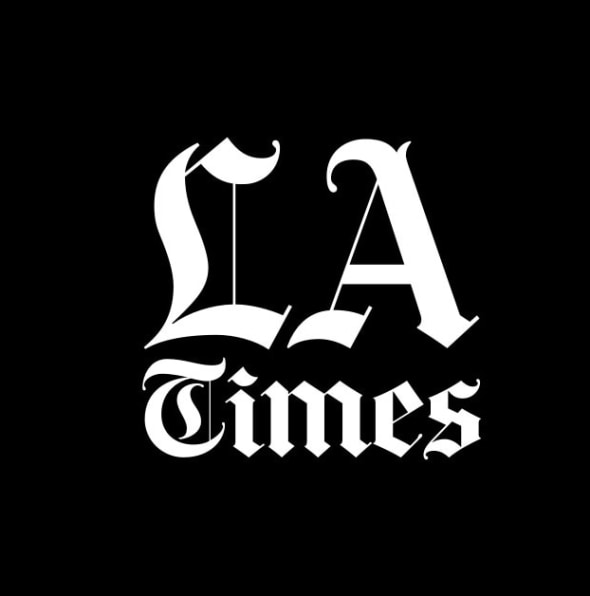
Feitelson’s mature, large-scale paintings, several dozen of which are assembled in a marvelous exhibition at Louis Stern Fine Arts, underscore the shallowness of so much contemporary abstraction.
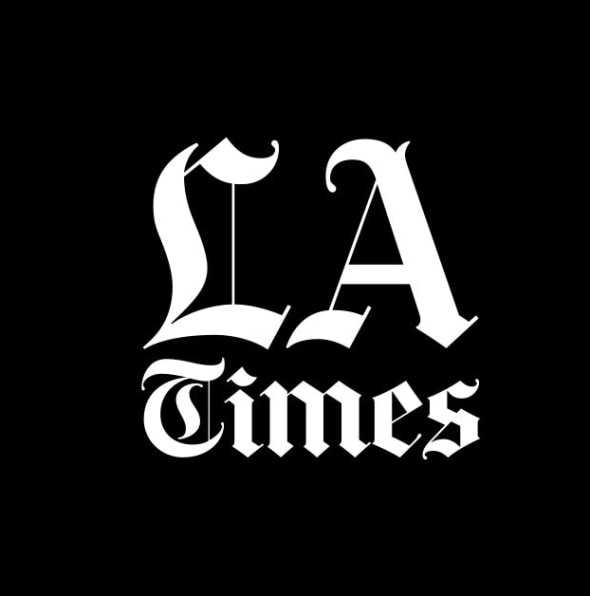
Janos Mattis Teutsch (1884-1960), who was included in the LACMA show, is now the centerpiece of an ambitious, engaging exhibition at Louis Stern Fine Arts, which comes with an impressive catalo
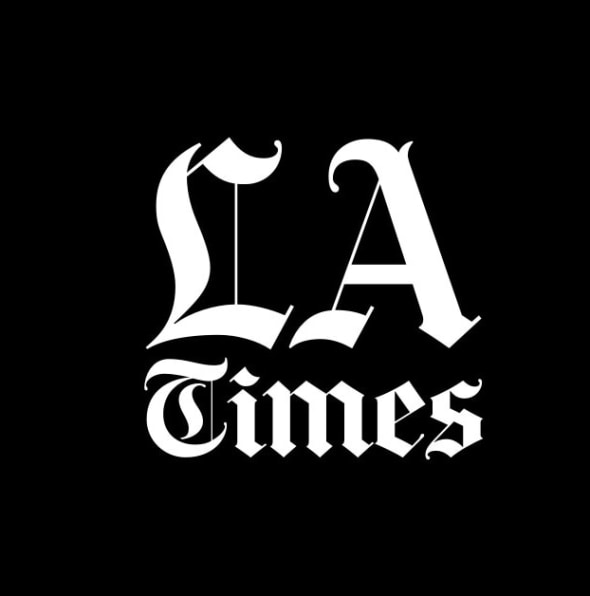
In their first major exhibition since 1982--at Louis Stern Fine Arts in West Hollywood--46 stoneware jars, vases, bowls and teapots are decorated with everything from cartoon characters to palm trees, fast food, Bible story illustrations, Chinese dragons, and images of the artists’ friends and family. Titled “Vessels of Satire,” the show gives new meaning to the popular concept of a melting pot.
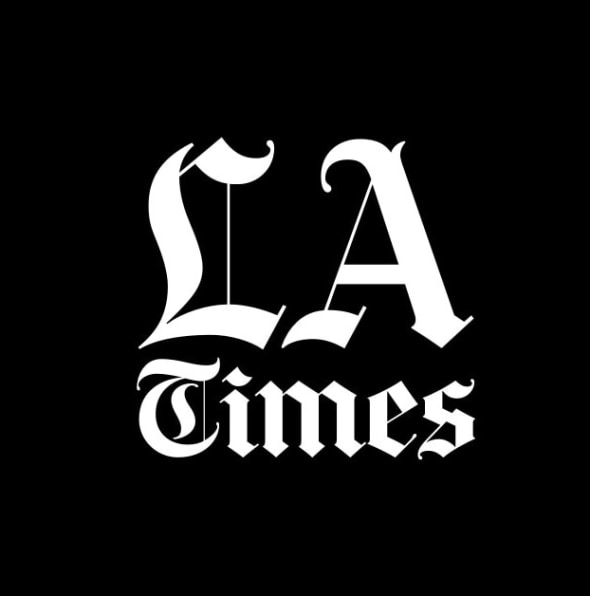
“L’Art Brut: Jean Dubuffet and the Outsiders,” at Louis Stern Fine Arts, presents a lively sampling by 10 European artists (plus Dubuffet himself), nonconformers all.
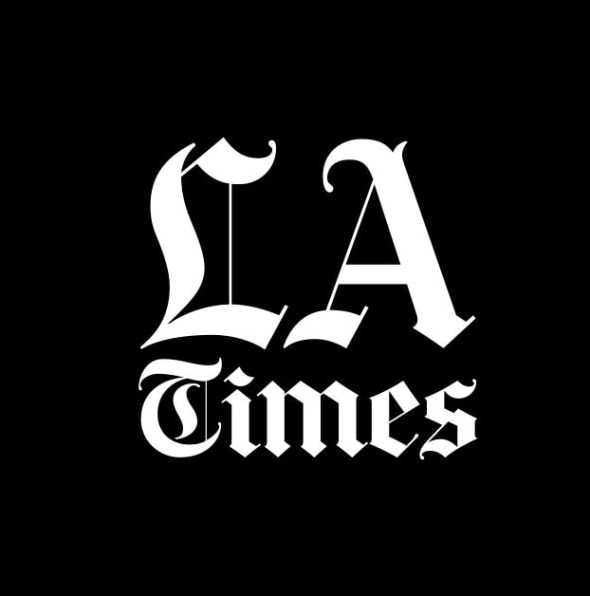
Corbis is moving into the art market.
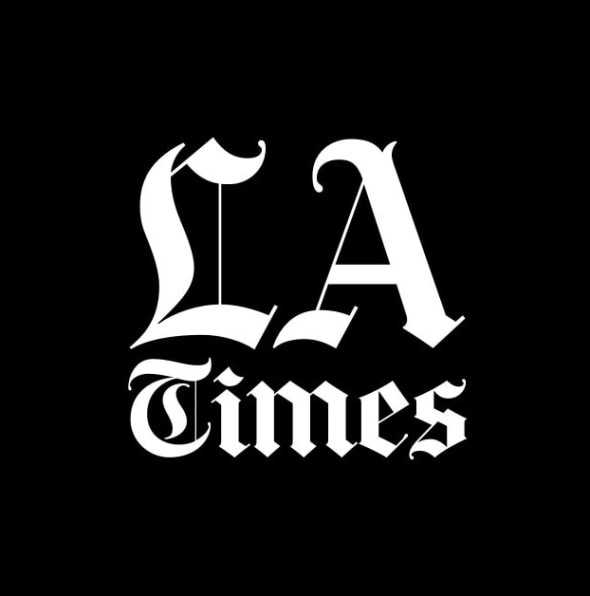
“The Nature of Curves,” an exquisite three-person exhibition of photographs by Intae Kim, E.F. Kitchen and Leonard Nimoy at Louis Stern Fine Arts, demonstrates that the most successful images are often those that make the ordinary world seem utterly foreign.
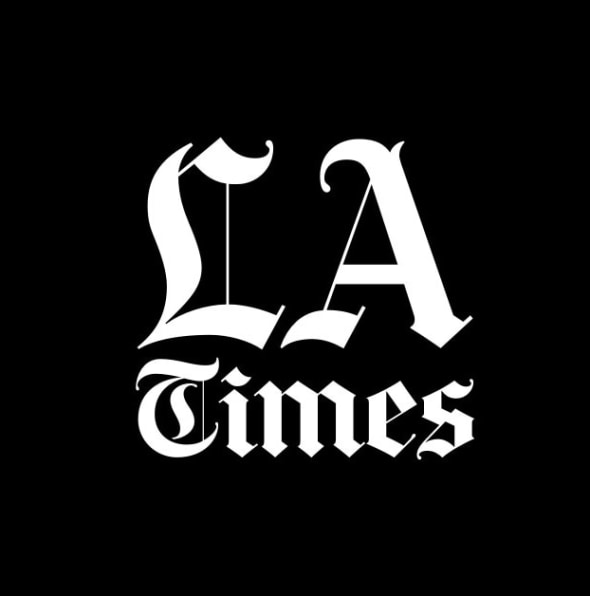
Resembling early versions of the stylized images of buildings architects design on computers, these streamlined paintings embody Modernism’s long-lost optimism, showing that a few skillfully composed elements still have the power to move viewers....
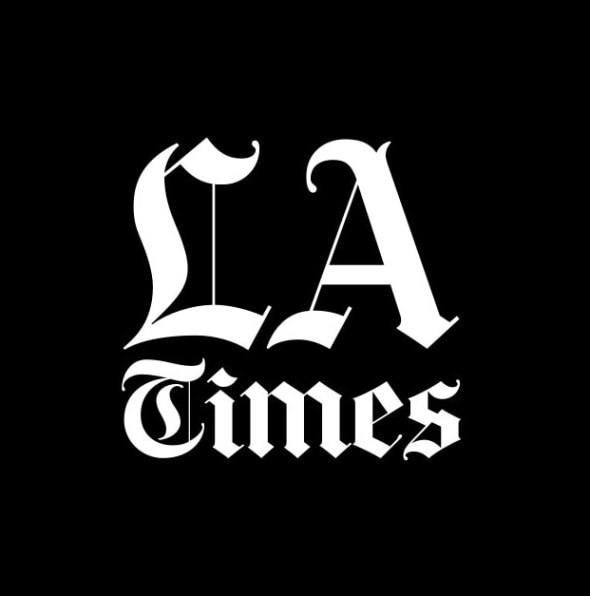
At Louis Stern Fine Arts, Pol Bury’s free-standing fountains and kinetic wall sculptures convey a sense of futuristic optimism that is often associated with the clean-living 1950s and free-loving 1960s.
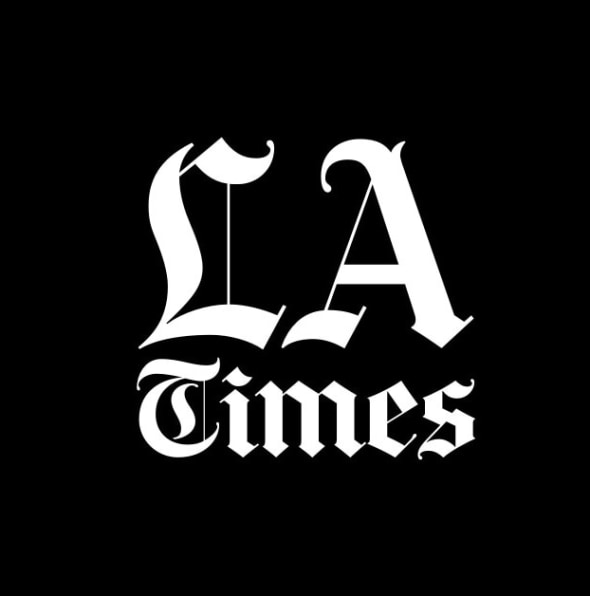
At Louis Stern Fine Arts, approximately 40 small- to medium-sized canvases by Jacques Villon (1875-1963) reveal that the French painter was in love with the idea of being an artist...
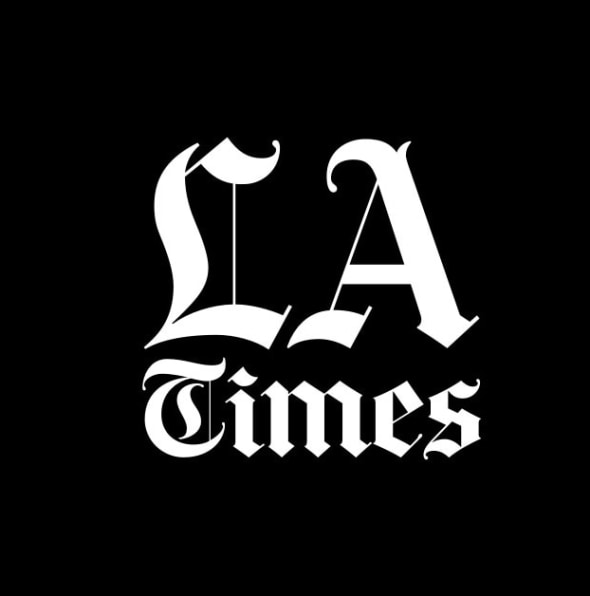
Dubbed an “illustrious unknown” recently by one writer, Mexican painter and muralist Alfredo Ramos Martinez has finally begun to command his own limelight, after 50 posthumous years in the shadows of the Big Three--Siqueiros, Orozco and Rivera. Since 1991, several retrospective exhibitions have restored deserved luster to Ramos Martinez’s reputation...
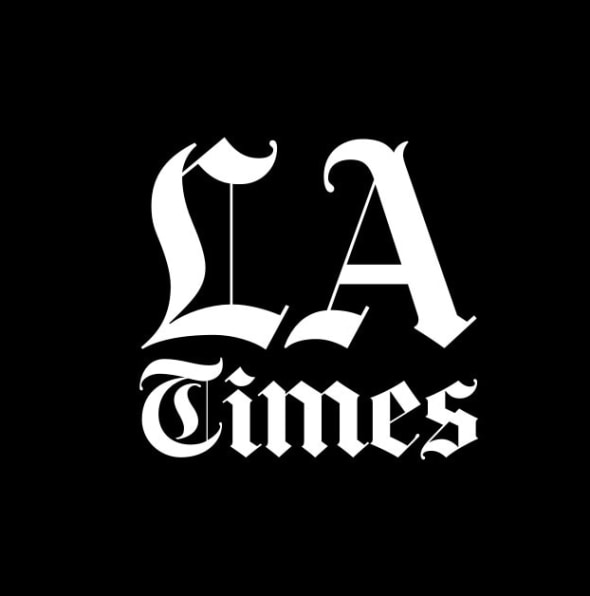
As a group, Zokosky’s portraits begin with one of the most cliched and debased genres of painting, and reclaim for this art a range of emotions that had been lost to television newscasts, comic strips and cartoons...
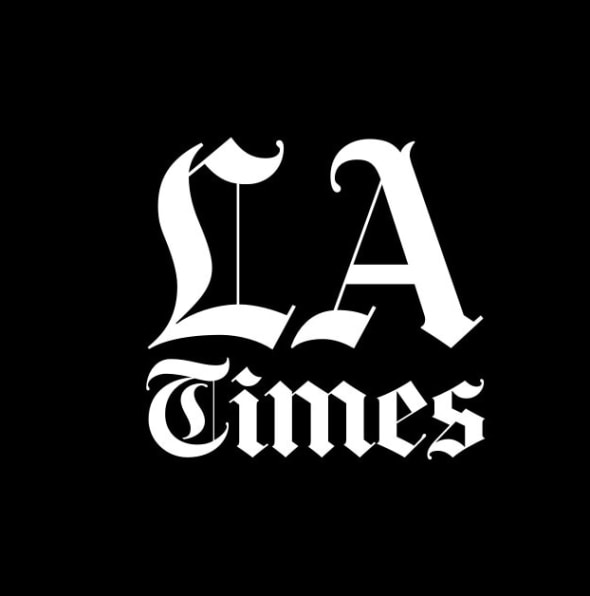
Still little known in Los Angeles, [Hoyos] is making her West Coast debut at Louis Stern Fine Arts in West Hollywood with a show of recent paintings and works on paper that opened on Saturday and continues to June 25...
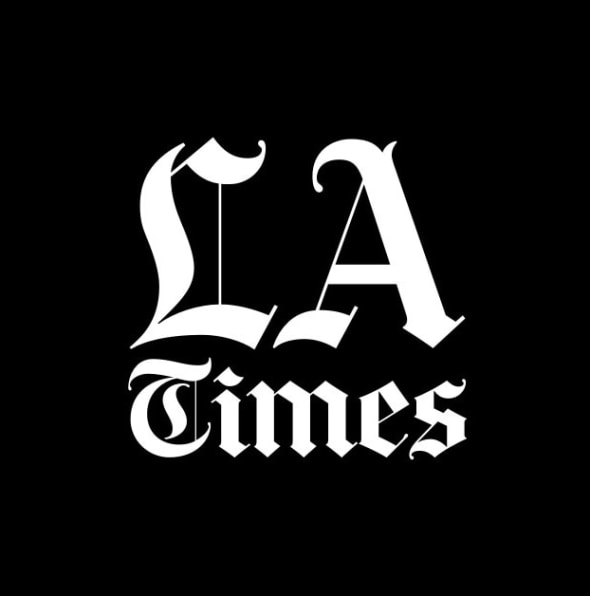
"The show at Louis Stern Galleries, one-half of whose proceeds will benefit efforts to rebuild L.A., features work by nearly 30 photographers, ranging from the self-effacedly journalistic to the self-consciously artistic..."
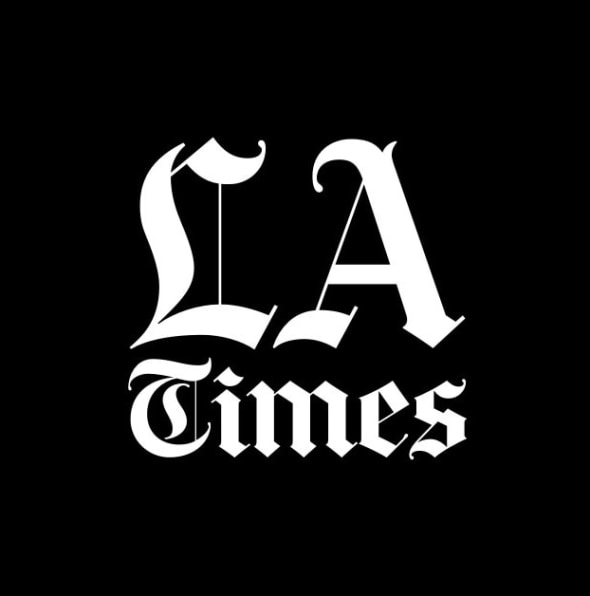
Billy Wilder has a message for all you sourpusses, stick-in-the-muds and snobs: “If you don’t have a sense of humor, don’t come...”
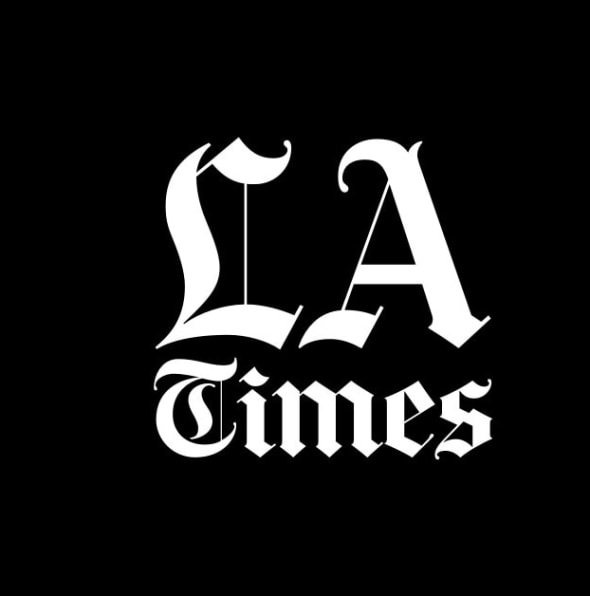
Sometimes it seems the forces of the Computer Age wait in serried ranks to engulf the visual field. At such moments there’s something soothing about a scan of fine modernist drawings. An all-too-infrequent example is “Eloquent Lines” at the Louis Stern Fine Arts emporium...
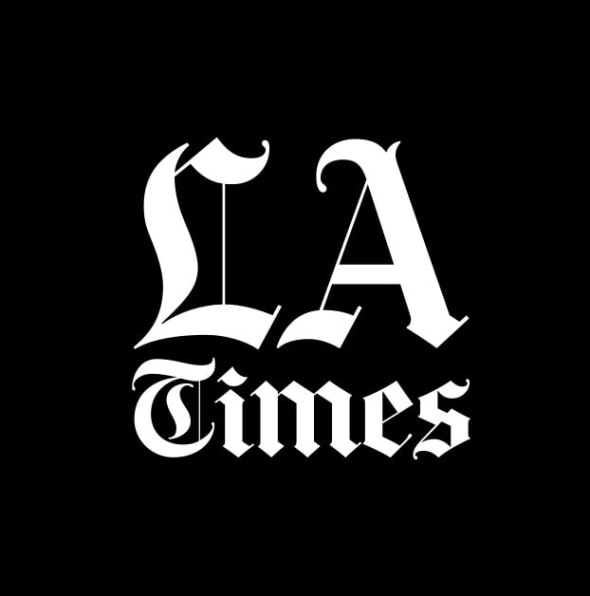
A Ramos Martinez revival is afoot. Louis Stern Galleries, at 9528 Brighton Way in Beverly Hills, offers a glowing exhibition of his paintings (through Jan. 6, 1992), complete with an illustrated catalogue...
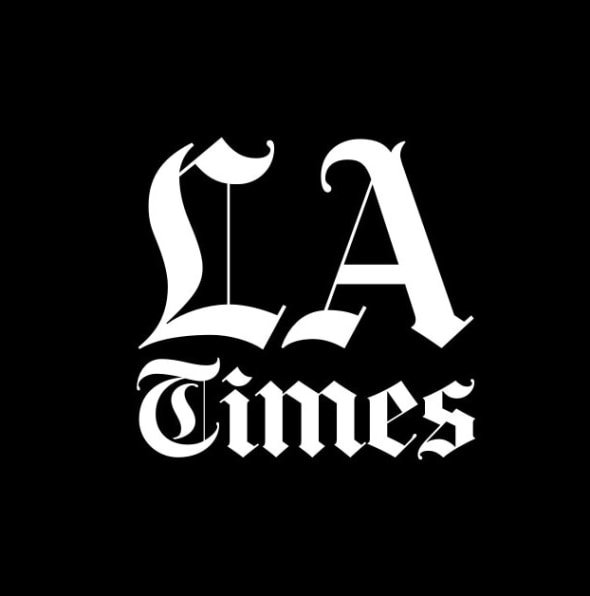
Whether they’re dashed off at a cafe or roughed out slowly in the studio, works on paper are direct links with artists’ impromptu ideas. A group of French drawings and watercolors from 1850 to 1950 are the work of artists who contributed--in greater or lesser ways--to a century of artistic glory...
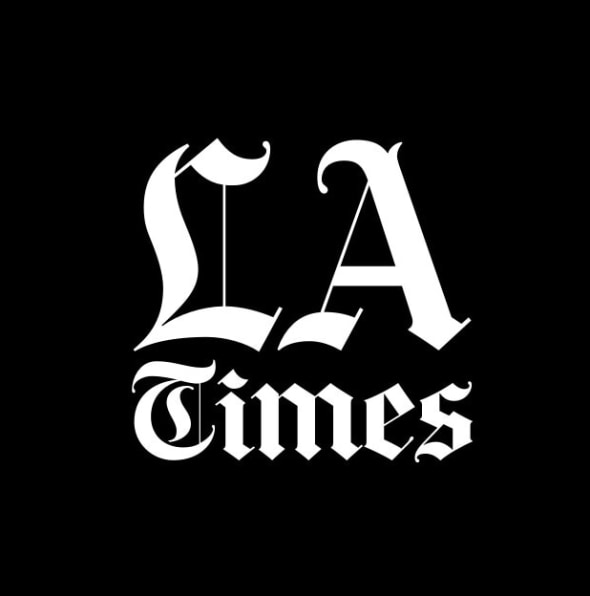
June Wayne (1918-2011) is best known for starting and running the Tamarind Lithography Workshop, a world-renowned institution that has been going strong for 53 years. She is also known as an innovative printmaker, her own lithographs outstanding examples of what the medium can deliver. As a painter, Wayne is not so well known...

Heather Hutchison: Where The Light Slips In is named one of ArtForum's Must See Exhibitions!

MUST SEE
Lorser Feitelson: Allegorical Confessions: 1943 - 1945
October 10 - December 23, 2020
Often referred to as Feitelson’s “Romantic Paintings,” the artist himself described this wartime series of works as “Allegorical Confessions.”
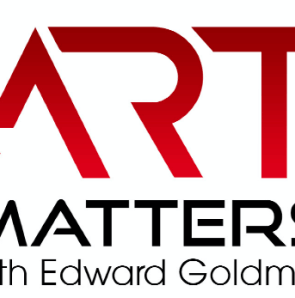
“The Karl Benjamin X Comme des Garçons Project” included in “Not to Be Missed”

After an in-jest complaint to Adrian Joffe about the lateness of this show—it started four minutes early, at 9:11a.m.—he kindly disclosed that the shardlike obelisks of color fronting much of the shirting near the beginning were based on the art of Karl Benjamin. Some of these irregularly rhomboidal abstract hunks of color were laminated to produce a gently eye-catching sheen. Before the Benjamins—and even before the busily bashed-out piano cover of “Paint It Black” had begun—we saw two pleather-led looks featuring the wide-leg shorts and comely jerkin/harness that would feature here and there in other materials later in this show. Benjamin was an abstract classicist, so he made for a fitting contributor to a label dedicated to the aesthetic disassembly and reconstruction of classic shirting.
Examples of that this morning included shirting stripes on high-collar Comme-profile softly tailored cotton suiting, crisply finished hooded pullovers, and softly fish-tailed parka-profile outerwear. There was the old double-collar gambit nicely played via the addition of a wider Peter Pan fold around the conventional one. Shirting fabric was paneled into roughened, softly dyed fine-gauge knits. An arresting pink interlude lasted two suits: the first in drill and blotched with gray, the second in cotton and applied with a black graffiti-style tag print. Through a fugue of pocketed drab-sleeved shirts and round necks we hustled via a fresh khaki jerkin/harness moment toward hybrid shirts in two lengths, with vertical-striped backs and horizontal Benjamin rainbow-striped fronts. A section of collaged pattern patched shirting with purposefully roughened edging followed, before two shirt-striped jackets over punchily printed Benjamin shirting. Two further Benjamin color-block outerwear outings later, and this latest morning service at Comme’s hushed Place Vendôme high temple was all stitched up.